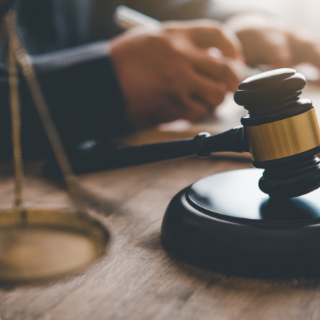BLOG
Why drunk boating is so dangerous
Free Consultation
Book An Appointment
Both driving a car and operating a boat under the influence of either one of these substances is hazardous to a person’s health. It can also threaten a boater or driver’s life and the lives of its passengers and others around them.
How big of an issue is boating under the influence?
Data compiled by the USCG shows how approximately one-third of all recreational boating fatalities are alcohol-related. Alcohol impairment can affect a skipper’s balance, coordination, judgment and vision. USCG statistics also show that more than half of those who die in boating accidents result from the boat capsizing or falls overboard.
Experience, or the lack thereof, also plays a role in boating accidents. On average, the typical recreational boater only gets in about 110 hours on the water annually. While their lack of confidence may be attributable to their limited boating experience, the addition of alcohol or drug consumption into the mix makes for a dangerous combination.
In addition, boating stimulates a person’s senses differently than driving does. Boaters often find themselves impacted by the sun, vibrations, engine noise, wind, the motion of the water and the spraying of water. All of this causes a boater’s judgment, cognitive function, balance and reaction times to sharply decrease when alcohol is involved.
It’s also not uncommon for a skipper to experience diminished depth perception, peripheral or night vision or an inability to focus or distinguish between colors when intoxicated. A skipper may also experience a decline in inner ear function that causes them to suffer vertigo-like problems.
What to do if an intoxicated boater left you injured
You should always seek medical attention immediately following a boat accident. You may have internal injuries that aren’t readily identifiable — even if you initially feel fine.
You’re sure to have significant medical bills or other costs if you suffered severe injuries or a loved one lost died in a boating accident. Working with an experienced personal injury lawyer can help protect your interests.
LET US DO ALL THE HEAVY LIFTING
Call Today to Schedule a Free Consultation
Schedule a free initial consultation with an experienced lawyer from Phillips, Hayden & Labbee, LLP. The sooner you get us involved, the more we can do to help you.






